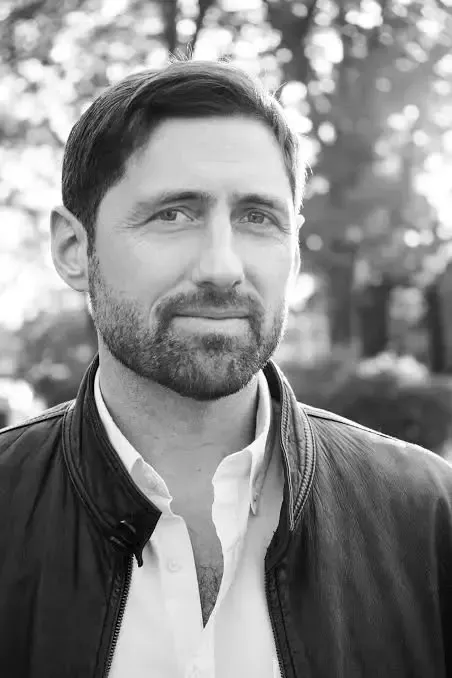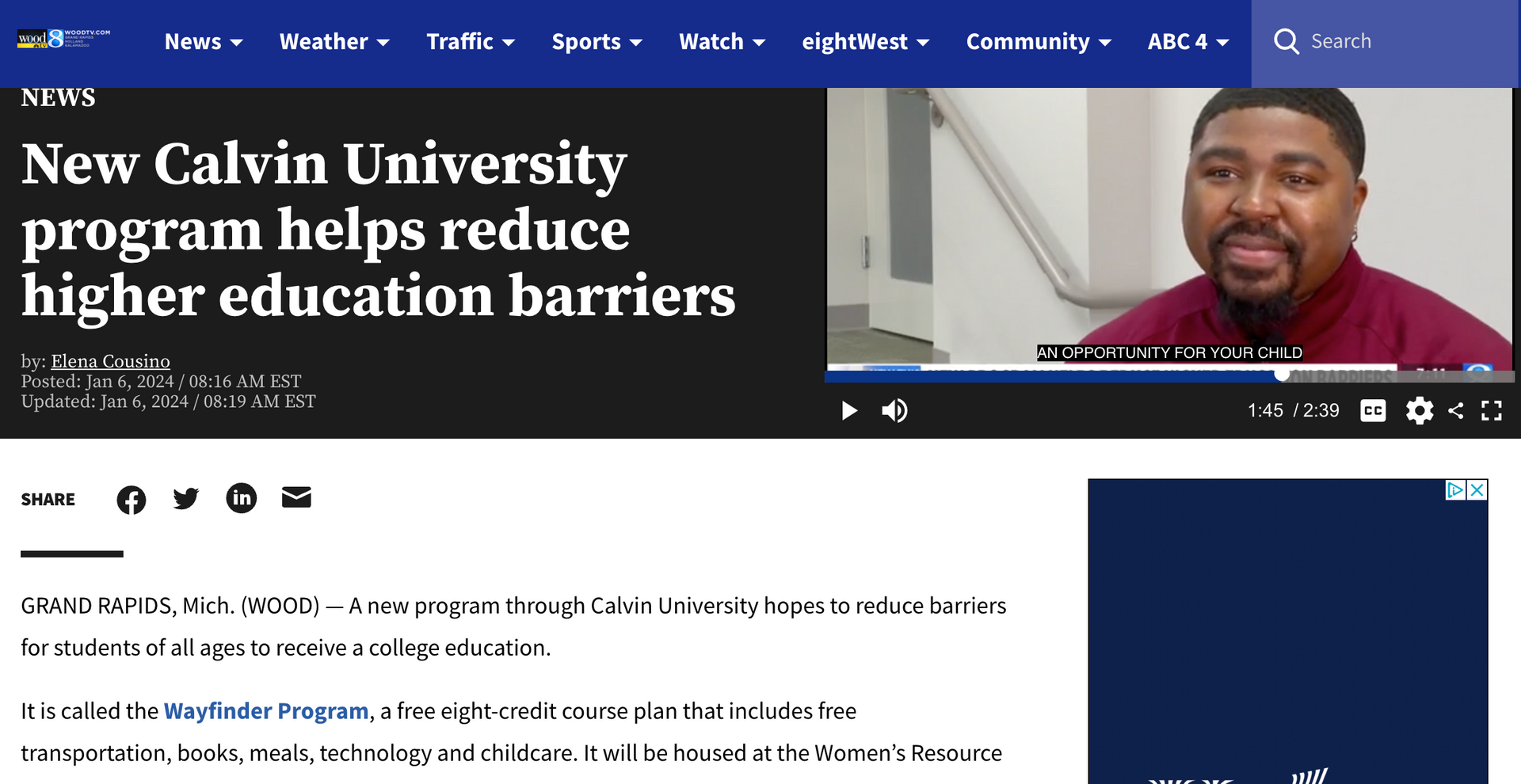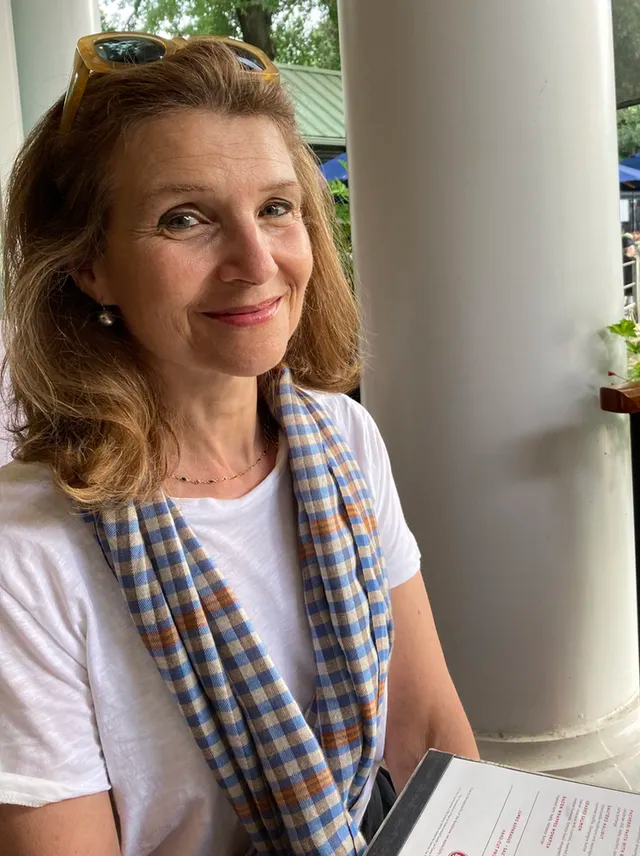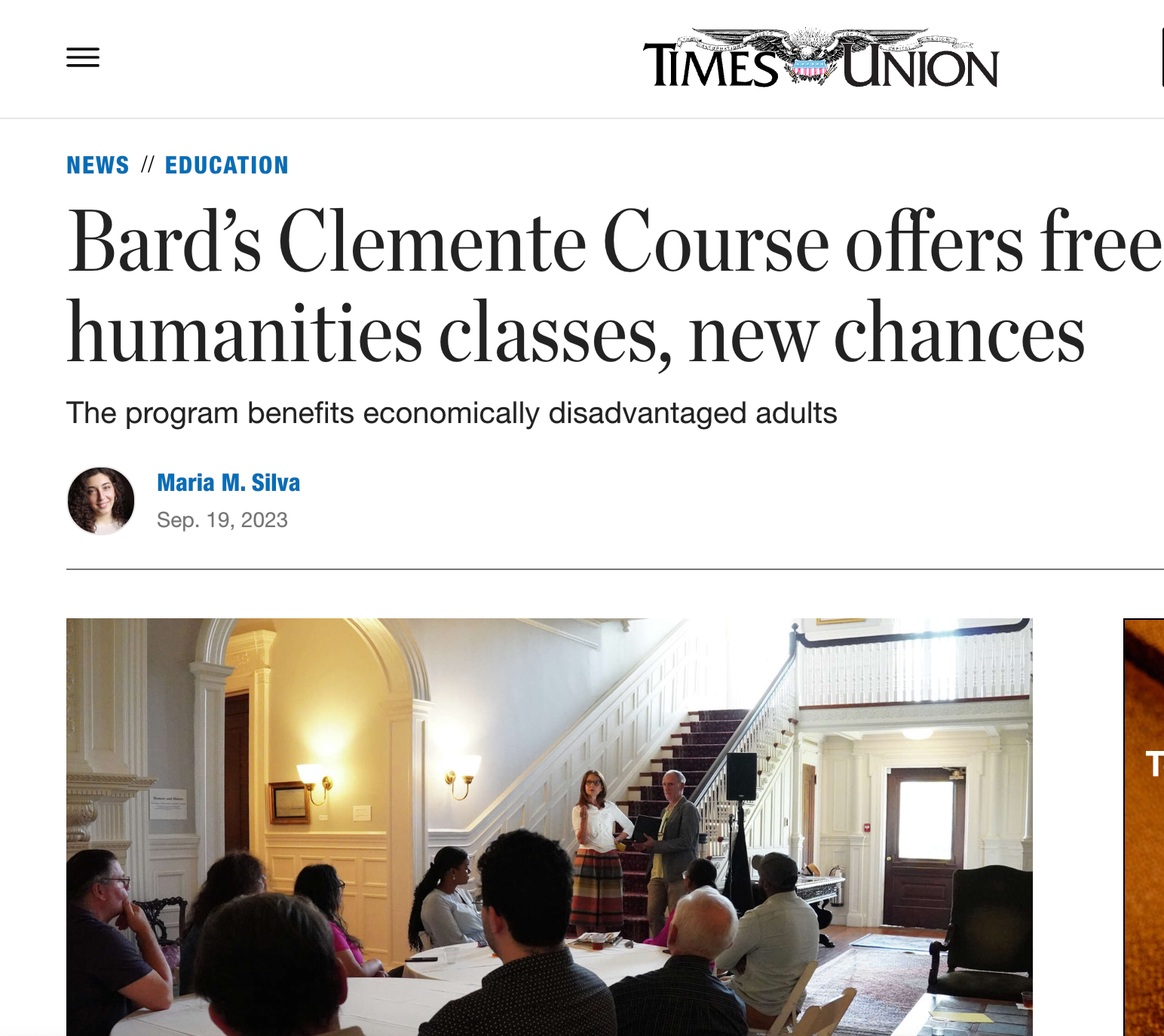Meet Rosa Garza-Mourino
October 3, 2017
Professor in Bridge, Antioch University Los Angeles
Anyone who wonders how the experience of studying the humanities translates to the real world should talk to Rosa Garza-Mourino.
A longtime faculty member in Antioch's Clemente-inspired program, Bridge, in 2011 Rosa created Bridge Service Learning (BSL).
This optional class for Bridge students gets them out of the classroom and into the neighborhoods of one of the country’s largest cities. Part service learning, part ethnographic fieldwork training, BSL offers students the opportunity to design and implement community building projects while reflecting on the humanities.
“In BSL we ask critical questions about how to engage in the community,” Rosa says. “What does it mean to be inside? To be outside? How can we respectfully and ethically approach a community that is not necessarily our own and learn from them? How and why do we serve others? ”
BSL students meet for two hours on Saturday mornings in addition to their twice-weekly Bridge classes and have the opportunity to earn additional college credit for the experience. The class meets in the streets of Little Tokyo and in South Los Angeles.
With the collaboration of undergraduate teaching assistants, Rosa teaches students how to approach a community in three key ways. First, they enter as an observer. In fact, Rosa tells them to take the stance of the flaneur, the French figure associated with strolling in urban environments, halfway engaged and halfway detached. To do so, they have to shed their preconceptions, and even their digital devices.
“The flaneur doesn’t need a phone,” Rosa tells her students. “Turn it off. Instead of a phone I’ll give you the tool of the flaneur—a clipboard—and teach you how to use it in a respectful way.”
While observing the community, students are also making connections to the humanities and recording these in writing. Little Tokyo is filled with public art. Always striking to students is a traditional Ninomiya Kinjiro sculpture depicting a peasant philosopher who reads a book while carrying a load of wood on his back. When students encounter the sculpture they immediately make a connection between the scholar and the worker, saying, “That’s me!”
In the next phase, students step into Central Avenue in South LA, a neighborhood with a rich history of African American creativity and resilience. Unlike the Little Tokyo streets, Central Avenue has no commissioned public art nor plaques that acknowledge its history. In order to learn from this community, students have to observe and analyze information produced by organized community members about their priorities. Finally, students identify realistic tools they can offer. Over the years students have provided a day of service for the local recreation center, or designed community resource fairs hosted by local organizations. The entire process is collaborative, and throughout students are writing, reflecting, and connecting the humanities conversations of their classrooms to the process.
“In BSL we are flipping the narrative,” Rosa says. “Traditionally the demographic we work with in Bridge would be considered recipients or targets of service. Here they are becoming the providers of service. This is essential to the framework of the class. Students can eventually replicate these anywhere they choose to after graduation.”
While the class is optional, students who participate in BSL are more likely to complete the regular Bridge class. They build strong partnerships in the community, and the class requires them to step up as leaders. In fact, Rosa believes that while the non-classroom setting of the course may tempt the teacher into controlling everything top down, her real job is to get out of the way.
“There is a crucial moment in the learning process when I actively start stepping back as a teacher and make students realize they are already leading the process,” she says. “They take ownership of the idea they are standing for. They now know the humanities are portable. “
This optional class for Bridge students gets them out of the classroom and into the neighborhoods of one of the country’s largest cities. Part service learning, part ethnographic fieldwork training, BSL offers students the opportunity to design and implement community building projects while reflecting on the humanities.
“In BSL we ask critical questions about how to engage in the community,” Rosa says. “What does it mean to be inside? To be outside? How can we respectfully and ethically approach a community that is not necessarily our own and learn from them? How and why do we serve others? ”
BSL students meet for two hours on Saturday mornings in addition to their twice-weekly Bridge classes and have the opportunity to earn additional college credit for the experience. The class meets in the streets of Little Tokyo and in South Los Angeles.
With the collaboration of undergraduate teaching assistants, Rosa teaches students how to approach a community in three key ways. First, they enter as an observer. In fact, Rosa tells them to take the stance of the flaneur, the French figure associated with strolling in urban environments, halfway engaged and halfway detached. To do so, they have to shed their preconceptions, and even their digital devices.
“The flaneur doesn’t need a phone,” Rosa tells her students. “Turn it off. Instead of a phone I’ll give you the tool of the flaneur—a clipboard—and teach you how to use it in a respectful way.”
While observing the community, students are also making connections to the humanities and recording these in writing. Little Tokyo is filled with public art. Always striking to students is a traditional Ninomiya Kinjiro sculpture depicting a peasant philosopher who reads a book while carrying a load of wood on his back. When students encounter the sculpture they immediately make a connection between the scholar and the worker, saying, “That’s me!”
In the next phase, students step into Central Avenue in South LA, a neighborhood with a rich history of African American creativity and resilience. Unlike the Little Tokyo streets, Central Avenue has no commissioned public art nor plaques that acknowledge its history. In order to learn from this community, students have to observe and analyze information produced by organized community members about their priorities. Finally, students identify realistic tools they can offer. Over the years students have provided a day of service for the local recreation center, or designed community resource fairs hosted by local organizations. The entire process is collaborative, and throughout students are writing, reflecting, and connecting the humanities conversations of their classrooms to the process.
“In BSL we are flipping the narrative,” Rosa says. “Traditionally the demographic we work with in Bridge would be considered recipients or targets of service. Here they are becoming the providers of service. This is essential to the framework of the class. Students can eventually replicate these anywhere they choose to after graduation.”
While the class is optional, students who participate in BSL are more likely to complete the regular Bridge class. They build strong partnerships in the community, and the class requires them to step up as leaders. In fact, Rosa believes that while the non-classroom setting of the course may tempt the teacher into controlling everything top down, her real job is to get out of the way.
“There is a crucial moment in the learning process when I actively start stepping back as a teacher and make students realize they are already leading the process,” she says. “They take ownership of the idea they are standing for. They now know the humanities are portable. “
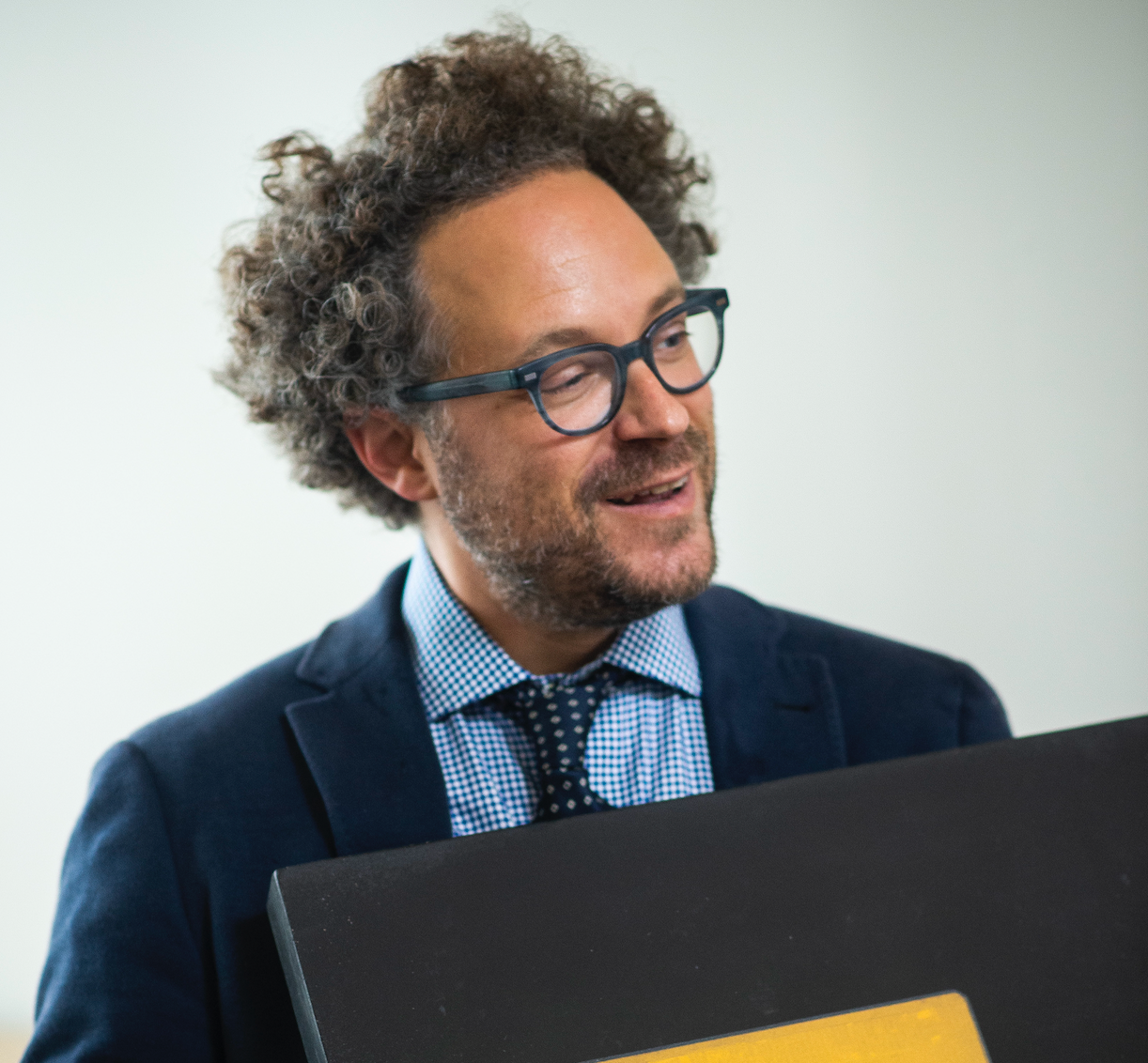
The Board of Directors of The Clemente Course in the Humanities announces the appointment of its new Executive Director, Aaron Rosen, PhD. Clemente’s Board was impressed by Dr. Rosen’s passion for reaching and supporting underserved communities. He comes to Clemente with an extensive track record working with diverse students, from Middle Eastern and South Asian immigrants in London to U.S. military veterans and Native Americans in Billings, Montana to African American and Latin American ministry students in Washington, DC.

